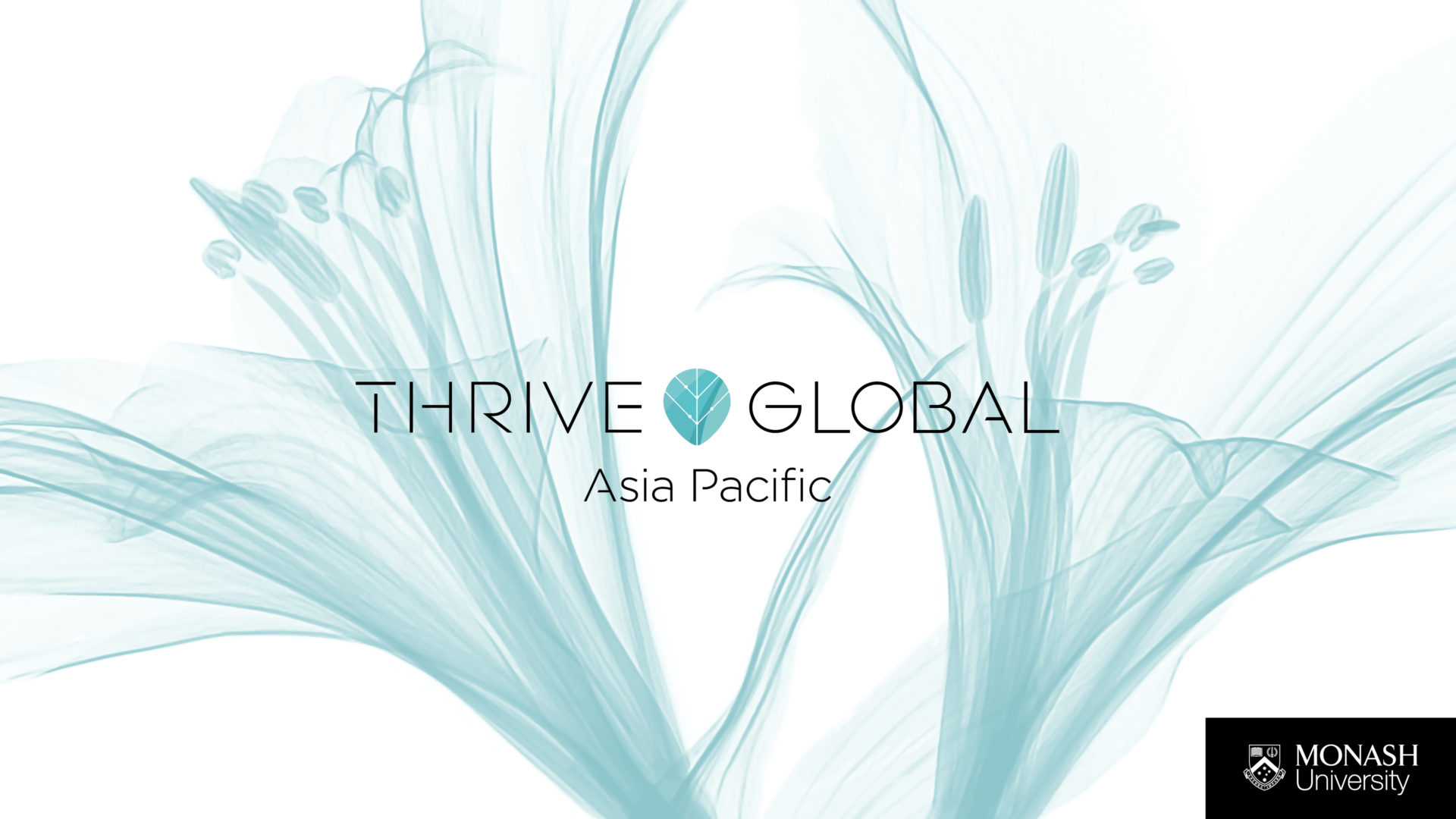If there’s one thing that truly enables our bodies and minds to recharge, it’s quality sleep. Getting enough allows us to perform at our best and unlock our true potential. But in our hyper-connected world, with the new household staples of tablets, laptops and smartphones luring us to work and play at any hour, how many Australians are missing out on this vital rest and restoration?
Four in ten of us, according to Deloitte Access Economics research for the Sleep Health Foundation, and half of these people suffer from “pathologically high” levels of daytime sleepiness.
The proven health consequences of chronic inadequate sleep have debunked the outdated notion in business that people can cope with minimal hours of rest and regularly ‘burning the midnight oil’. From impaired alertness, concentration and decision-making, to long-term conditions such as heart disease, obesity and depression, the effects can be dire.
The costs to business of a fatigued workforce also add-up – considerably. The Sleep Health Foundation report estimated that productivity losses associated with inadequate sleep in Australia reached $17.9 billion in 2016-17, with employers stomaching $6.9 billion of those costs because of lower productivity and additional paid days off.
Importantly, the report found about half of inadequate sleep in Australia was not caused by sleep disorders or other health conditions, but rather lifestyle and behavioural factors “that in most cases people have control over”.
These included unsafe or disruptive work hours, the impacts of lighting and technology on sleep, and lifestyle choices. The authors noted that some people may opt for less sleep because of “perceived better trade-offs”, like watching television late into the night (and in the age of streaming services, can’t we all relate?!). The ability for people to be constantly available for work through technology also affected their ability “to fully disconnect from society and obtain proper rest”.
The ongoing experience of the COVID-19 pandemic has undoubtedly thrown our sleep patterns into even further disarray as a result of seismic changes in our everyday routines, and newly-blended work and home lives.
If we do, however, have control over some of the factors costing us quality rest, isn’t it time we examine these root causes and rethink our relationship with sleep? Below are some microsteps – too small to fail – that you can take to develop healthier sleep habits.
Unplug and recharge
Before you get into bed, escort your devices out of the bedroom. Our phones are repositories of our to-do lists, inboxes, projects and problems. Disconnecting will help you sleep better, recharge and reconnect to your wisdom and creativity.
Schedule sleep
Set an alarm for 30 minutes before your bedtime. When you think of sleep as an actual appointment, you’re much more likely to grant it the time it deserves. Setting an alarm reminds you that if you’re going to get to bed on time, you need to start wrapping things up.
Set a screen-time limit
Screen-time limits aren’t just for kids. When watching streaming services before bed, it’s all too easy to let the automatic ‘next episode’ function roll over. Before you know it, another hour (or two, or three…) has passed and so too has your chance of getting a great night’s sleep. Avoid this trap by planning ahead and committing to a set timeframe for viewing and online browsing.
Acknowledge the end of the work day
If you’re working from home, fully packing up your workspace is an important signal that your workday is done. It can also be helpful to acknowledge, either verbally or silently, that you’ve finished for the day. An intentional acknowledgement such as ‘my workday is done’ can serve as an effective way to move on to rest time.
Want to learn more about how to nurture your resilience through sleep?
Thrive Global’s Thriving Performance program examines sleep and rest through its ‘Recharge’ module, one of four core learning journeys that lead to improved performance.

Thrive Global Asia Pacific
An alliance between Thrive Global and Monash University with the mission to end the stress and burnout epidemic. The partnership brings an evidence-based approach to well-being and performance, and works with organisations to deliver programs that lift the performance, resilience, engagement and mental health of employees.
Unlock your people’s potential today
Enter your details to stay up to date with the latest news events and program updates.





